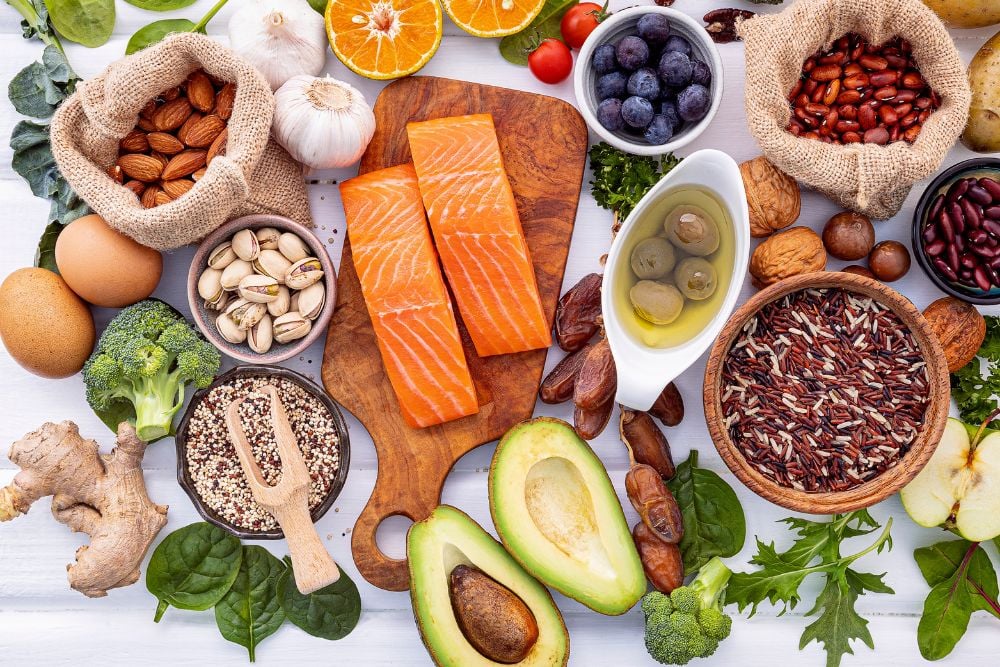Managing Diabetic Retinopathy: A Guide to Nutrition and Diet

Originally published by Retinal Consultants Medical Group
Diabetic retinopathy is the leading cause of vision loss for people with diabetes. To reduce your risk of developing this condition or to improve treatment outcomes if you've already been diagnosed, it's essential to effectively manage your diabetes. This includes following a healthy, well-balanced diet.
The Link Between Diabetic Retinopathy and Nutrition
More than half of individuals with diabetes will develop diabetic retinopathy at some point in their lives. While there is no surefire way to prevent the condition, maintaining healthy blood sugar levels can help lower your risk. If you already have diabetic retinopathy, managing your diabetes effectively can help improve your eye health.
Foods That Can Help Manage Diabetic Retinopathy
Healthy eating plays a crucial role in managing diabetic retinopathy and diabetes overall. Studies show that fiber-rich foods, oily fish, lower-calorie foods, and the Mediterranean diet were most associated with a lower risk of diabetic retinopathy.
Fish
Research shows that eating at least 500 mg/d of dietary omega-3 fatty acids found in certain types of fish can help decrease the risk of sight-threatening diabetic retinopathy in people with type 2 diabetes. Additionally, eating 85 to 141 grams of dark oily fish at least once a week could also protect against diabetic retinopathy. Fish to eat include:
- Trout
- Herring
- Tuna
- Salmon
- Mackeral
- Sardines
Omega-3 Fatty Acids
Omega-3 fatty acids help prevent glucose intolerance and have anti-inflammatory properties. While fatty fish is a main source of omega-3 fatty acids, some options beyond seafood include:
- Chia seeds
- Flaxseed
- Walnuts
- Eggs
- Yogurt
Fruits
Fruits rich in lutein and zeaxanthin have antioxidant properties and can help protect the eyes, particularly the macula and retina. These fruits include:
- Oranges
- Bananas
- Berries
- Mangoes
- Kiwis
- Honeydew melon
- Prunes
Vegetables
Many vegetables also contain lutein and zeaxanthin, including both green leafy vegetables and highly pigmented ones, such as:
- Kale
- Broccoli
- Peas
- Spinach
- Carrots
- Red and orange peppers
- Squash
Learn More About Managing Diabetic Retinopathy
Diabetic retinopathy is a serious condition that can cause permanent vision loss if left undiagnosed or poorly managed. Eating fish, omega-3 fatty acids, and fresh fruits and vegetables can help manage diabetes and in turn, improve vision outcomes. If you have diabetes — with or without diabetic retinopathy — it’s important to see a retina specialist regularly.
At Retinal Consultants Medical Group, our experienced retina specialists can effectively diagnose and treat diabetic retinopathy. Contact us today for more information or to schedule an appointment at one of our retina clinics in Northern California, including Chico, Sacramento, Stockton, Modesto, and more.